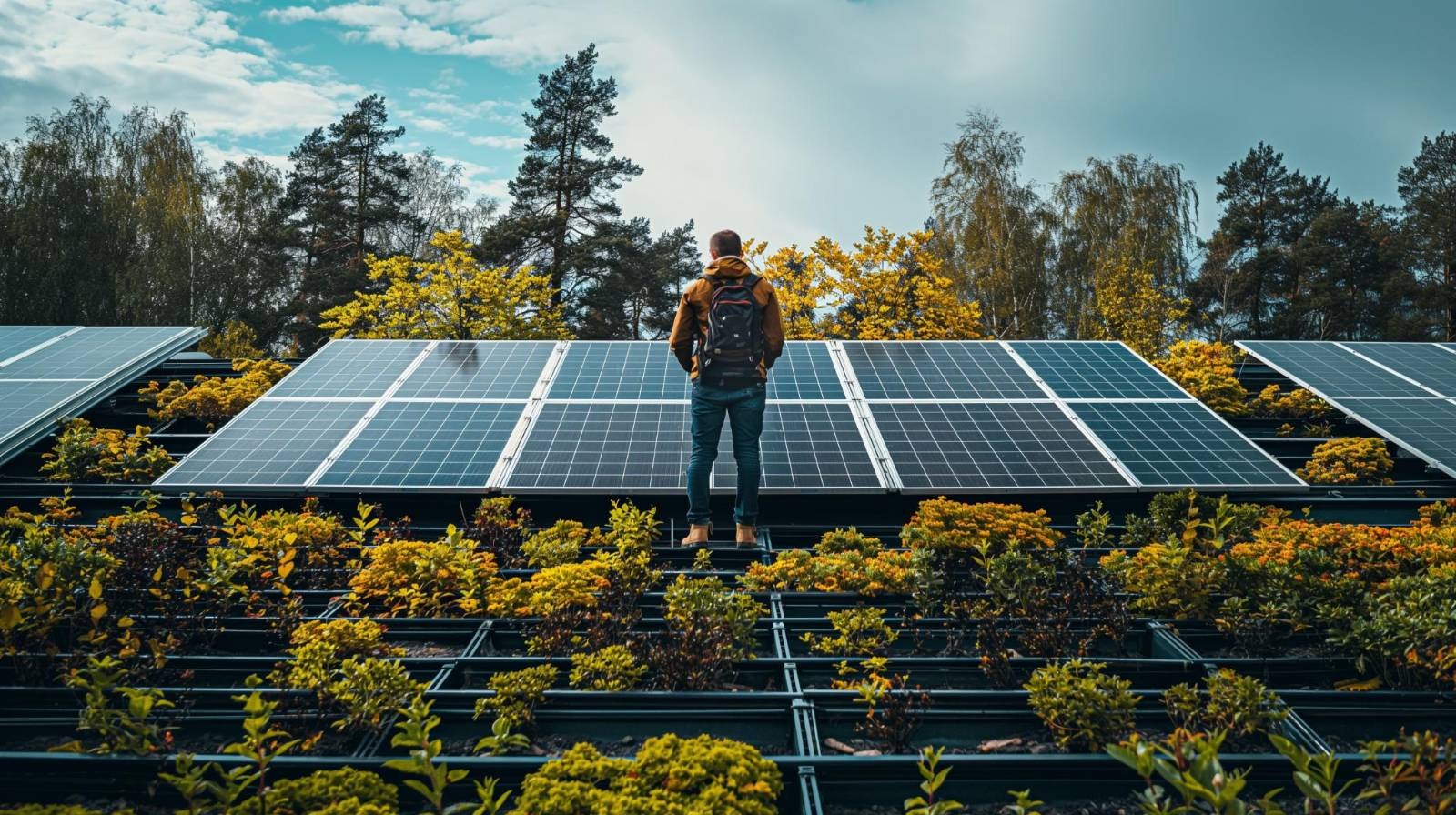.png)
.png)
Who’s Dealing Energy Certificates? Key Players in GO and REC Markets
If you’re exploring Guarantee of Origin (GO) and Renewable Energy Certificate (REC) markets, you probably understand the typical lifespan of an Energy Certificate. Producers generate electricity, are issued certificates, and a utilities company or a corporation will retire or redeem this certificate, with the volume of certificates in MWh representing the tracking of their own renewable usage or the renewable usage assigned to their customers. Simple, right?
That’s almost the whole picture, but there are a few key players you should be aware of that make this environment a little more complex. It is likely you will encounter these entities yourselves, so having an understanding of their roles will leave you more equipped to navigate this market with confidence.
GO/REC Traders
First up, Traders. Traders in the GO market operate by taking positions on GO certificates, actively buying and selling based on market timing and active strategies. Unlike project developers, in most instances traders do not originate renewable energy projects themselves, instead focusing on capitalizing on price differentials across different time periods, geographies, and markets. They typically maintain their own inventory of GOs, use various financial instruments like futures, actively seek out price risk, and aim to profit from market movements and seasonal patterns in certificate prices.
GO/REC Brokers
Next is Brokers, who serve as intermediaries in the GO market without taking ownership positions in certificates. They are your standard middlemen: Brokers connect buyers and sellers, facilitating transactions while earning commission fees rather than profiting from market timing. Brokers do not originate renewable energy projects, nor do they maintain inventory positions for long periods of time, instead actively trying to minimize their exposure to GO market prices. Typical Broker responsibilities include keeping up-to-date with market developments, presenting this knowledge to clientele, maintaining extensive networks of counterparties, and ensuring that they have the ability to match specific GO requirements with available supply. Often, Brokers are integrated within or maintain close relationships with environmental consulting organisations, helping clients to navigate compliance and documentation requirements.
GO/REC Aggregators
Finally, Aggregators. Of all entities in the GO market, aggregators have the most unique approach that benefits the ecosystem. The aggregator primarily focuses on bundling certificate volumes from multiple producers into larger packages, which then go to auction or tender. Because these volumes are bundled, they are typically more attractive to major buyers, which can include brokers, utility companies, and traders. While they don't typically develop new renewable projects themselves, they frequently identify new production volumes and maintain long-term relationships with producers, also providing them with various support services and unique offerings. Unlike pure traders, aggregators ignore short-term market timing and care more about maintaining stable supply channels and relationships. They have to take ownership positions in certificates by default, but have no interest in speculation, instead maintaining much more consistent buy-and-sell patterns compared to traders, such as frequent auction and tender timetables.
If you’re wondering, Soldera is a GO and REC aggregator. But, we’re an aggregator with a unique offering to producers besides simple bundling of volumes. First and foremost, we eliminate the bureaucratic process that producers are drowning in with AI-powered management software custom-built for every regulatory jurisdiction. We also provide access to automated sales strategies, including DCA and forward hedging (more information in our article about maximising GO profits here). Combined with our extensive buyer network, producers really don’t have to lift a finger, resting assured that we are fetching the best prices for them whilst they sleep — prices that can only get better as more and more producers join the platform and as the market looks increasingly bullish.
.svg)



.png)


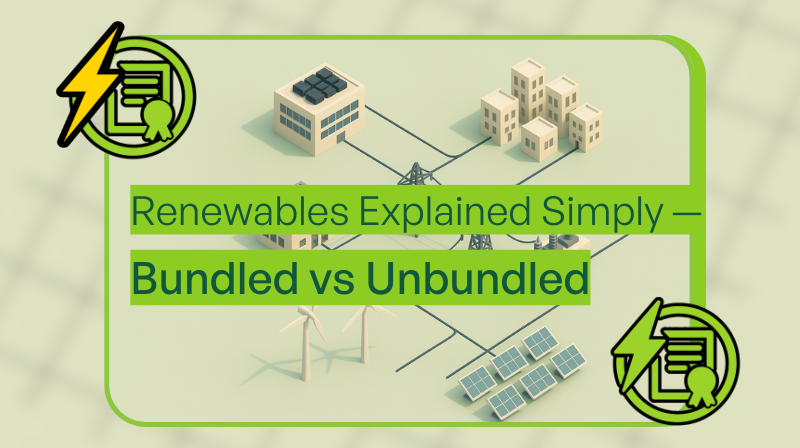
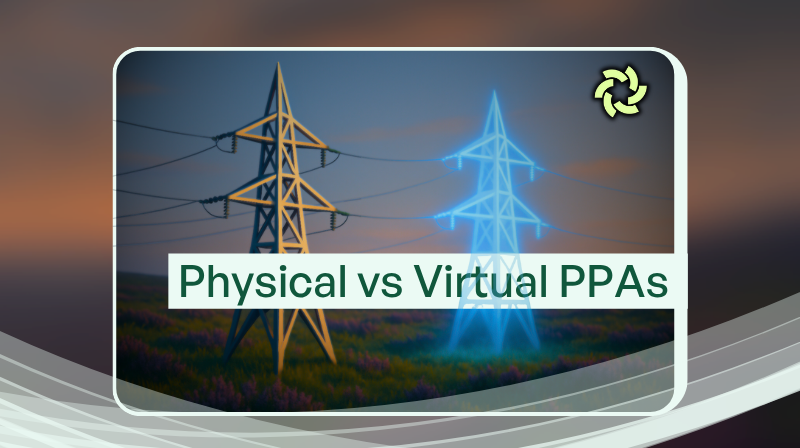
.png)

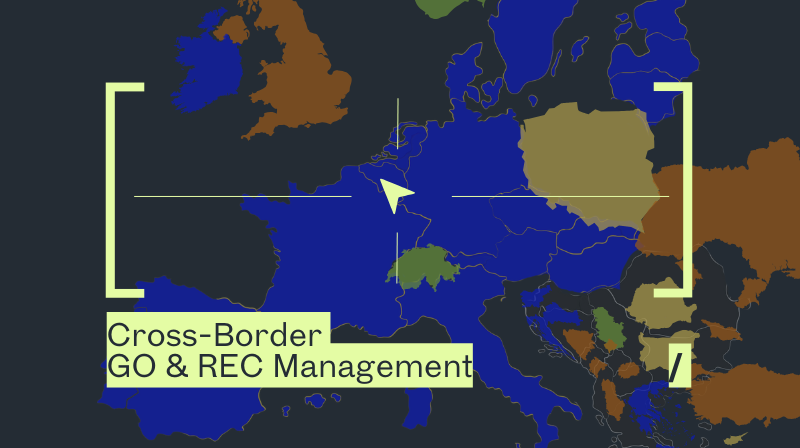
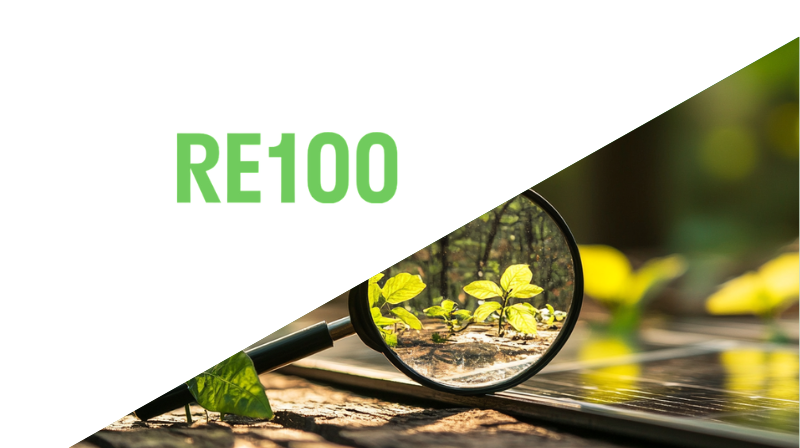
.png)
.png)

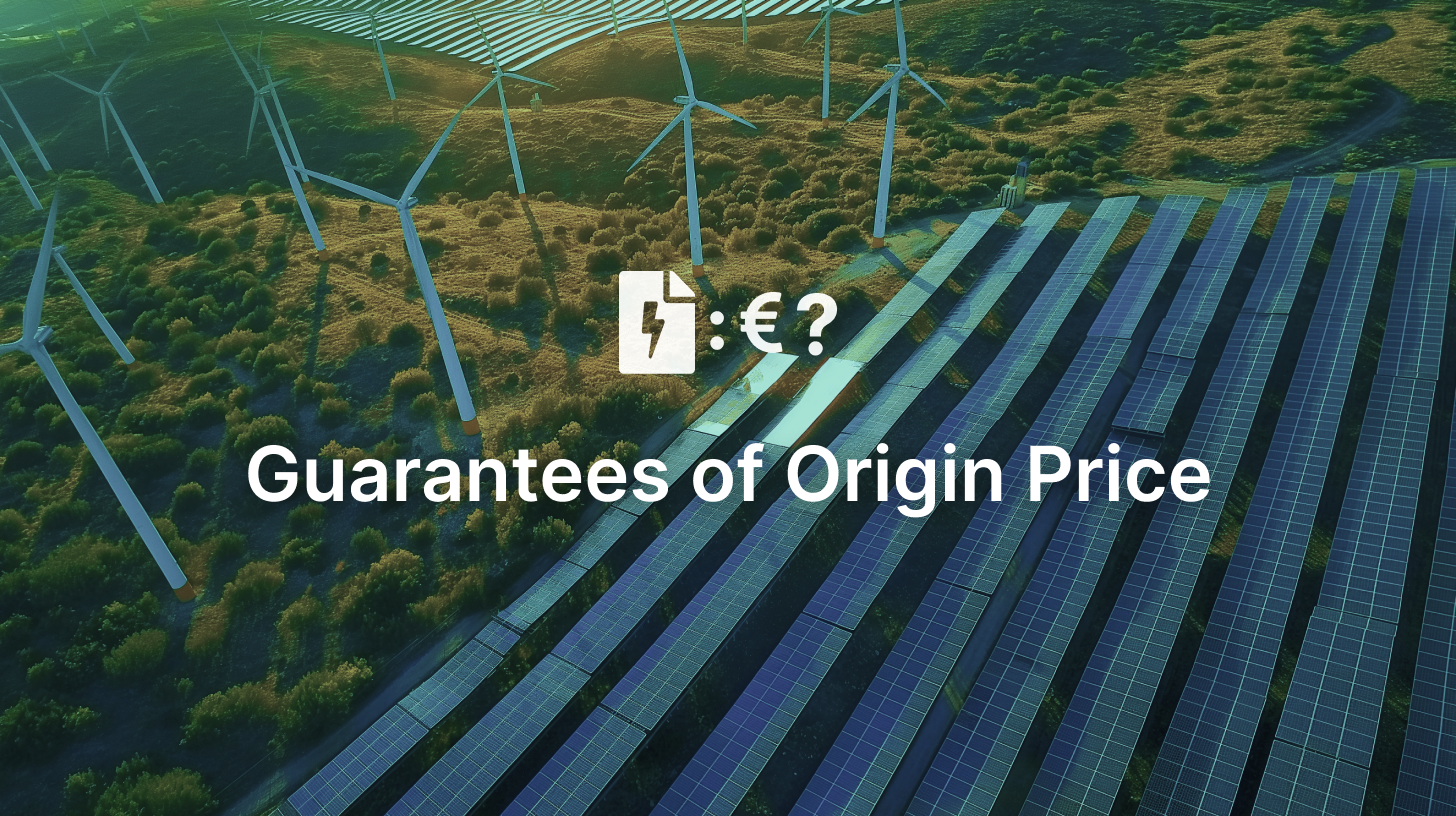
.png)

